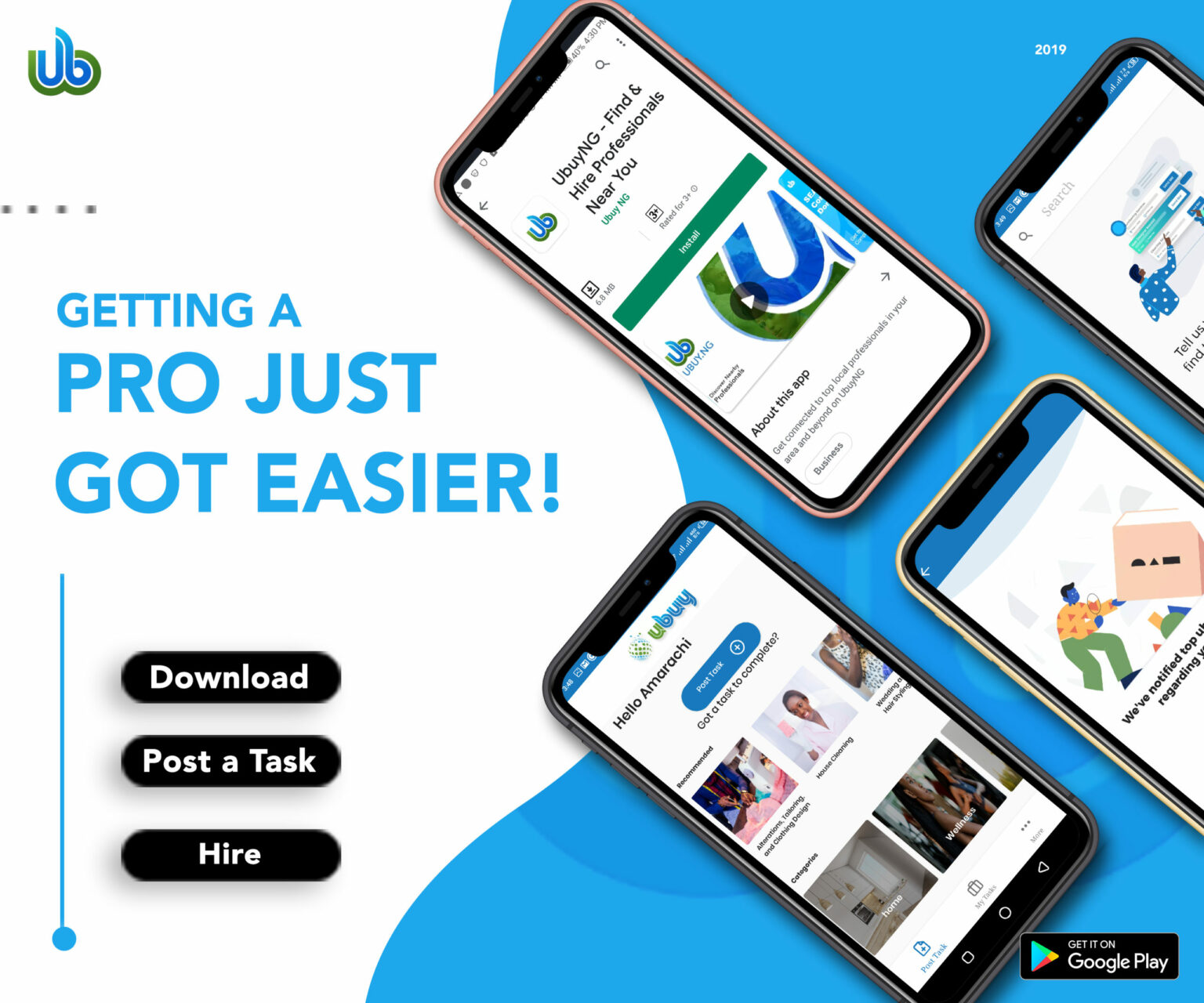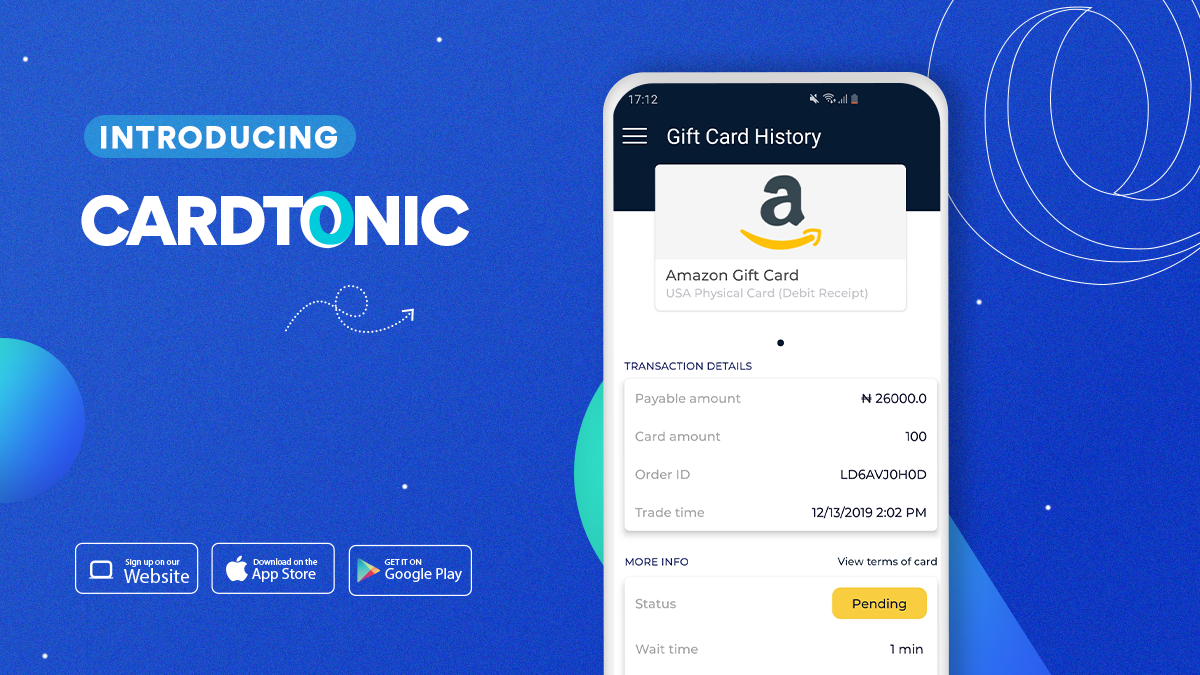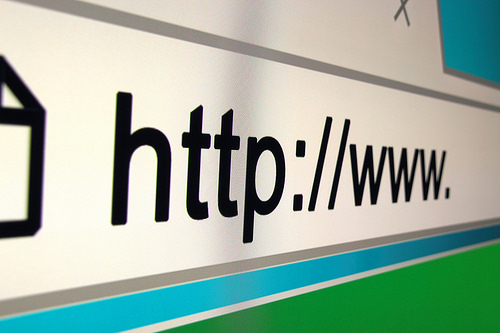Written by Ikhayere O. Omoike
In the modern day, technology has completely changed how we interact with lodging. In competition with boutique hotels and online travel agencies (OTAs) like Booking.com and Expedia, platforms like Airbnb and Vrbo provide a wide range of options that cater to personal interests. From fireplaces, fully fitted kitchens, hot tubs, a barbecue stove to roast wild catch for family dinner, to an extra air bed for that friend who will sleepover after a game of cards and Jenga; There are more and more attractions available for customers in various locations. This amongst several other erstwhile manual processes is now QED in the present day, all thanks to technology.
The days of relying solely on traditional methods such as guidebooks, travel agencies, and printed directories to find lodging ahead of a trip out of town for work or leisure, or when seeking a gateway have long since passed. Another way was via word-of-mouth referral from people in your network- of the newest hotel or resort and its perks, like that extra glass of mimosa on the house at brunch.
However, hoteliers and some small bed and breakfasts, had challenges with patronage especially if they were new and yet untried with minimal to no advertising budgets.
Other erstwhile known brands, on the other hand, faced the challenge of labor costs, security, and ultimately customer dissatisfaction which led to the loss of the customer-centric feel which was replaced by profit-driven businesses focused on the bottom line.
The shift towards customer-centric experiences led to the rise of alternatives that prioritize a personal touch alongside essential amenities.
Fortunately, technology now blends into our daily routines offering convenience and customization, making the hospitality industry more accessible. From online booking confirmations to personalized services, data collection, and management, technology has become a linchpin in efficient operations, weaving perfectly into the fabric of hospitality.
Despite its advantages, tech adoption is accompanied by challenges. Issues like integration challenges with SaaS providers and aggregators, real-time availability, rate of adoption on the part of consumers and internal staff especially in some developing countries, consumer trust with online payments, delayed payment settlements, market penetration and visibility in an already saturated ecosystem, and customer data protection. Thankfully, these hurdles pale in comparison to the transformative benefits tech brings to the industry. Some would rather stick to manual processes to avoid these inconveniences but being risk-averse in a highly competitive sector results in only one possible outcome- obsolescence.
In an industry worth trillions of dollars, with strength and resilience that held true even through the COVID-19 pandemic, not taking risks is in itself, a risk.
Having been fully immersed for nearly 3 years in hospitality management, I’ve been exposed to both ends of the spectrum, having migrated from manual processes to adopting and utilizing technology tools and solutions. I’ve witnessed the game-changing impact technology brings to otherwise manual and arduous tasks. Automation, a focal point for my startup, has elevated the overall experience for users and internal operations.
Also, technology-driven marketing strategies create avenues for additional revenue generation that startup businesses can leverage- From in-app adverts relating to similar services the target audience can find beneficial, to social media, search engine optimization/ marketing, and email marketing which are valuable tools provided by technology to enable the hospitality industry to reach new potential. Creating a virtual community for users of any product is a quick and easy route to customer retention, all of which drive revenue generation and increased market share for startups.
My background in integrated facilities maintenance and asset management, which deals largely with maintenance activities, forecasting, and project planning, further underscores the valuable improvements technology brings. Property management systems and tools streamline operations, making tasks like project management, documentation, and record-keeping more efficient, which would otherwise be daunting manual tasks.
The role of technology in shaping operations within startup and existing hospitality businesses has a significant impact on achieving goals and milestones. Emerging technologies have come to stay and they aim to support operations, simplify processes, improve customer experience, and produce the best outcomes. In the ever-evolving hospitality landscape, it is pertinent to stay abreast with the changes and implement them to achieve business success, as to ignore these advancements would be an act of self-sabotage.





















